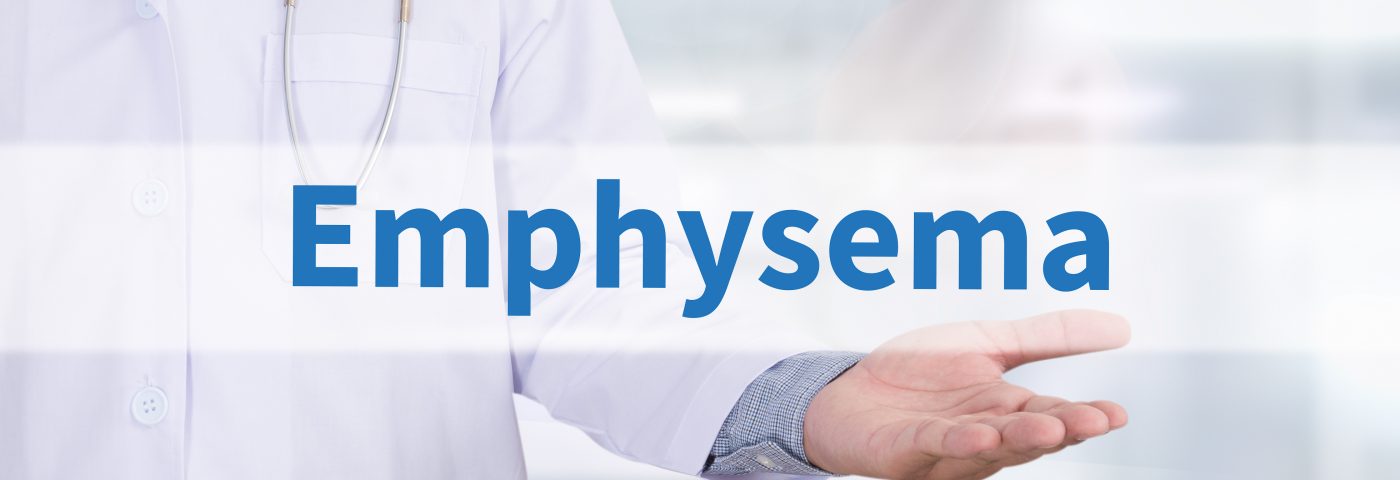Shire plc, a biotech company focused on therapies for rare diseases and highly specialized conditions, together with Kamada Ltd., a company focused on plasma-derived protein therapeutics for orphan indications, recently secured an expanded label for Glassia from the U.S. Food and Drug Administration (FDA).
This expanded labeling allows Glassia to be the only treatment for Alpha-1 antitrypsin deficiency (AATD)-induced emphysema that can be self-administered at home. The ability to self-administer Glassia will promote further growth of this treatment and provide patients with an increasingly flexible treatment regimen.
AAT is a protein produced in the liver that travels through the bloodstream to play an important and protective role in the lungs. A rare genetic condition called AATD results when this protein is not properly produced in the liver, preventing its ability to travel to and protect the lungs. A subset of the people who inherit this genetic condition are often diagnosed with emphysema early in life (around ages 40 to 50). Emphysema is a chronic lung disease that results in breathing complications caused by damage to important air sacs in the lungs.
“Patients with Alpha-1 Antitrypsin Deficiency are managing a challenging disorder that may require regular regimented care. For these patients, our company strives to find ways to provide them with more choices and flexibility in their treatment regimen,” said Blaine Forshage, head of the U.S. Immunology Franchise for Shire, in a press release.
“With this new label for Glassia , we’re now able to offer the only AAT augmentation treatment that is approved for patients to self-administer at home, helping to deliver on our goals to support the Alpha-1 community,” Forshage said.
Glassia is administered weekly as a treatment for those who have clinically evident emphysema due to AATD. Glassia serves to augment the levels and, most importantly, the functionality of AAT in both blood serum and lung tissue.
Originally approved in 2010, Glassia is the only liquid treatment product used to treat AATD-induced emphysema. With its newly expanded label recently approved by the FDA, Glassia can now be self-administered at home after proper training.
This is an exciting therapeutic advancement for the treatment of emphysema due to AATD, as it offers choice, flexibility, and reduced cost to those who are burdened by the regular, restricted care of treatment.
“We are excited that the FDA has now permitted patients to self-infuse Glassia at home,” said Kamada CEO Amir London. “By avoiding the need for reconstitution, our product allows for an overall reduced treatment preparation time. With this new approval, patients have the convenience of self-infusion at home, in addition to potentially reducing costs previously associated with infusion services for administering augmentation therapy in the hospital.
“We are very pleased with the continued increase in the number of U.S. patients treated with Glassia, and believe that self-infusion will contribute significantly to future growth,” London added. “Importantly, due to the company’s state-of-the-art production facility, Kamada has the capacity to support the increasing demand for Glassia.”
London said Kamada is looking forward to its partnership with Shire, which will benefit its patients and both companies.
“Self-infusion, after proper training, can be a convenient way for Alphas to receive their augmentation therapy,” said Henry Moehring, president and CEO of the Alpha-1 Foundation, a nonprofit that promotes research and development of therapies to treat AATD through investment, strategy, and government alliance. “We at the foundation are always gratified to see expanded treatment options for Alphas, and we applaud the FDA’s approval of this new labeling.”

